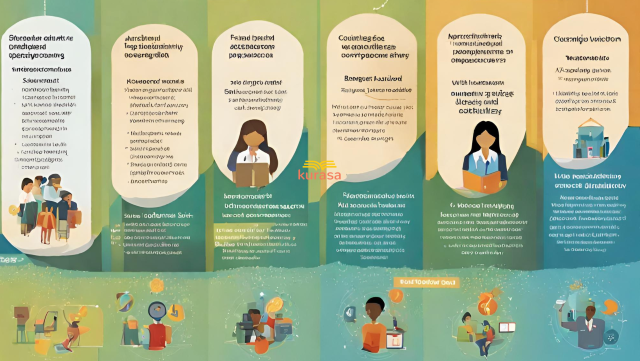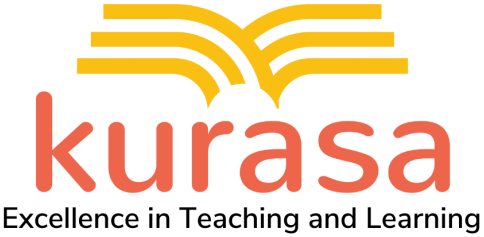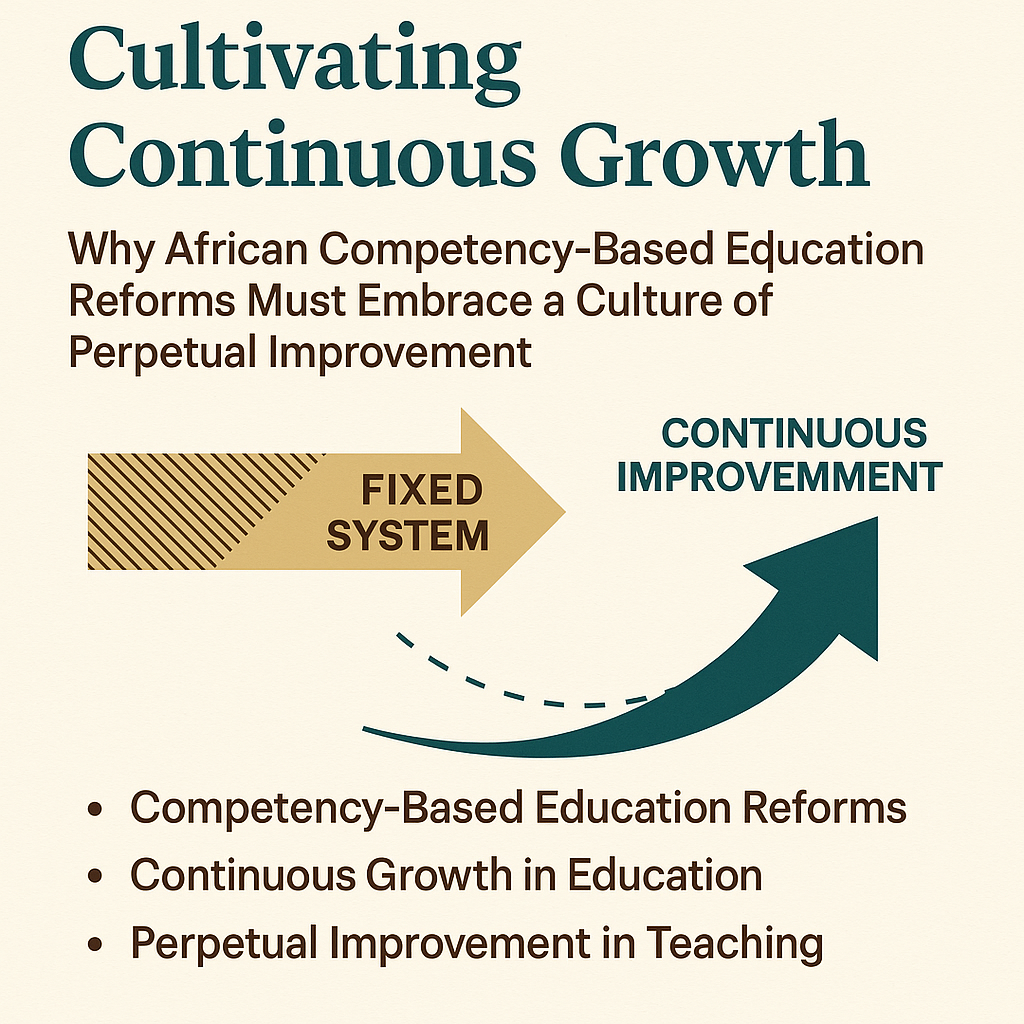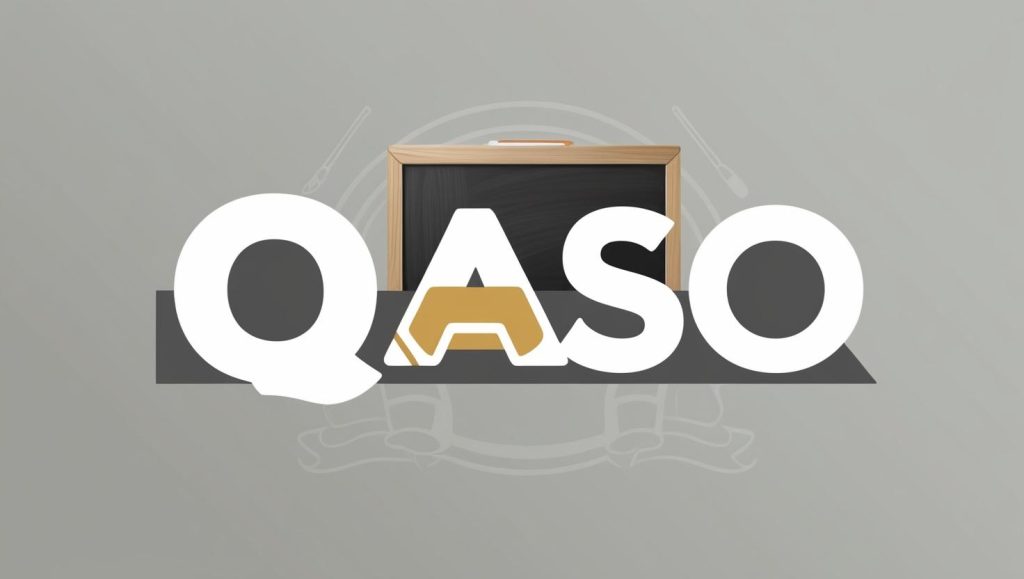
As education evolves to embrace the Competency Based Curriculum (CBC), a transformative shift unfolds, bringing with it both challenges and opportunities. This comprehensive analysis aims to delve into the common challenges faced by teachers, parents, and students in the implementation of CBC, explore potential solutions and opportunities for improvement, and underscore the pivotal role of continuous professional development for teachers navigating this innovative educational framework.
Common Challenges in CBC Implementation
1. Mindset Shift:
- Challenge: Shifting from a content-focused to a competency-based mindset poses a significant challenge for educators accustomed to traditional teaching methodologies.
- Solution: Comprehensive training programs, workshops, and seminars can aid in fostering a mindset shift. Continuous support and mentorship contribute to sustained change.
2. Assessment Transition:
- Challenge: Adapting assessment practices from summative to continuous formative assessments can be challenging for both teachers and students.
- Solution: Professional development workshops on effective assessment strategies, coupled with clear guidelines and resources, can ease the transition. Encouraging a growth mindset towards assessments is crucial.
3. Parental Understanding:
- Challenge: Parents may struggle to comprehend the shift in educational methodologies, leading to potential resistance or confusion.
- Solution: Regular communication through workshops, newsletters, and interactive sessions helps bridge the gap. Providing resources like guides and tutorials can enhance parental understanding.
4. Resource Constraints:
- Challenge: Inadequate resources, including digital tools and learning materials aligned with CBC, can impede effective implementation.
- Solution: Advocating for increased resource allocation, partnerships with publishers for CBC-aligned materials, and utilizing technology, such as Kurasa, can mitigate resource constraints.
5. Diversity in Learning Paces:
- Challenge: CBC acknowledges diverse learning paces, but managing a classroom with such variety can be demanding.
- Solution: Implementing differentiated instruction strategies, peer-assisted learning, and personalized learning plans tailored to individual student needs can address this challenge.
Opportunities for Improvement in CBC Implementation
1. Professional Learning Communities (PLCs): Establishing PLCs fosters a collaborative environment among teachers, enabling the sharing of experiences, strategies, and best practices in CBC implementation.
2. Technology Integration: Leveraging educational technology, such as Kurasa, enhances the implementation of CBC by providing a centralized platform for lesson planning, assessments, and data analysis.
3. Community Engagement: Engaging the community in the CBC journey creates a supportive network. Involving local stakeholders, businesses, and community leaders enhances the relevance and success of CBC.
4. Continuous Feedback Mechanisms: Establishing continuous feedback loops involving teachers, students, and parents promotes iterative improvement. Regular assessments and feedback sessions contribute to the dynamic nature of CBC.
5. Cross-Curricular Integration: Integrating competencies across subjects creates a cohesive learning experience for students. Opportunities for cross-disciplinary projects enhance the applicability of learned skills.
Role of Continuous Professional Development for Teachers
1. Specialized Training Programs:
- Continuous Learning: Ongoing training programs tailored to CBC principles help teachers stay updated on best practices, instructional strategies, and curriculum updates.
2. Mentorship Programs:
- Guided Support: Mentorship initiatives pair experienced CBC educators with those adapting to the framework, fostering a supportive environment for continuous growth.
3. Online Learning Platforms:
- Flexibility and Accessibility: Utilizing online platforms for professional development offers teachers flexibility in learning and the opportunity to access resources at their own pace.
4. Collaborative Workshops:
- Peer Learning: Workshops that encourage collaborative learning among teachers provide a space for sharing insights, challenges, and successful strategies.
5. Incorporating Feedback:
- Reflective Practice: Encouraging teachers to reflect on their experiences and incorporate feedback into their teaching practices promotes a culture of continuous improvement.
Conclusion: Navigating the CBC Landscape
In navigating the Competency Based Curriculum landscape, acknowledging the challenges and embracing the opportunities is paramount. Continuous professional development, combined with strategic solutions and community involvement, forms the backbone of successful CBC implementation. As teachers, parents, and students embark on this transformative journey, it’s not just about adapting to change but embracing the chance to revolutionize education for the benefit of all stakeholders. The challenges are stepping stones to growth, and the opportunities are gateways to a more inclusive, dynamic, and effective educational future.


